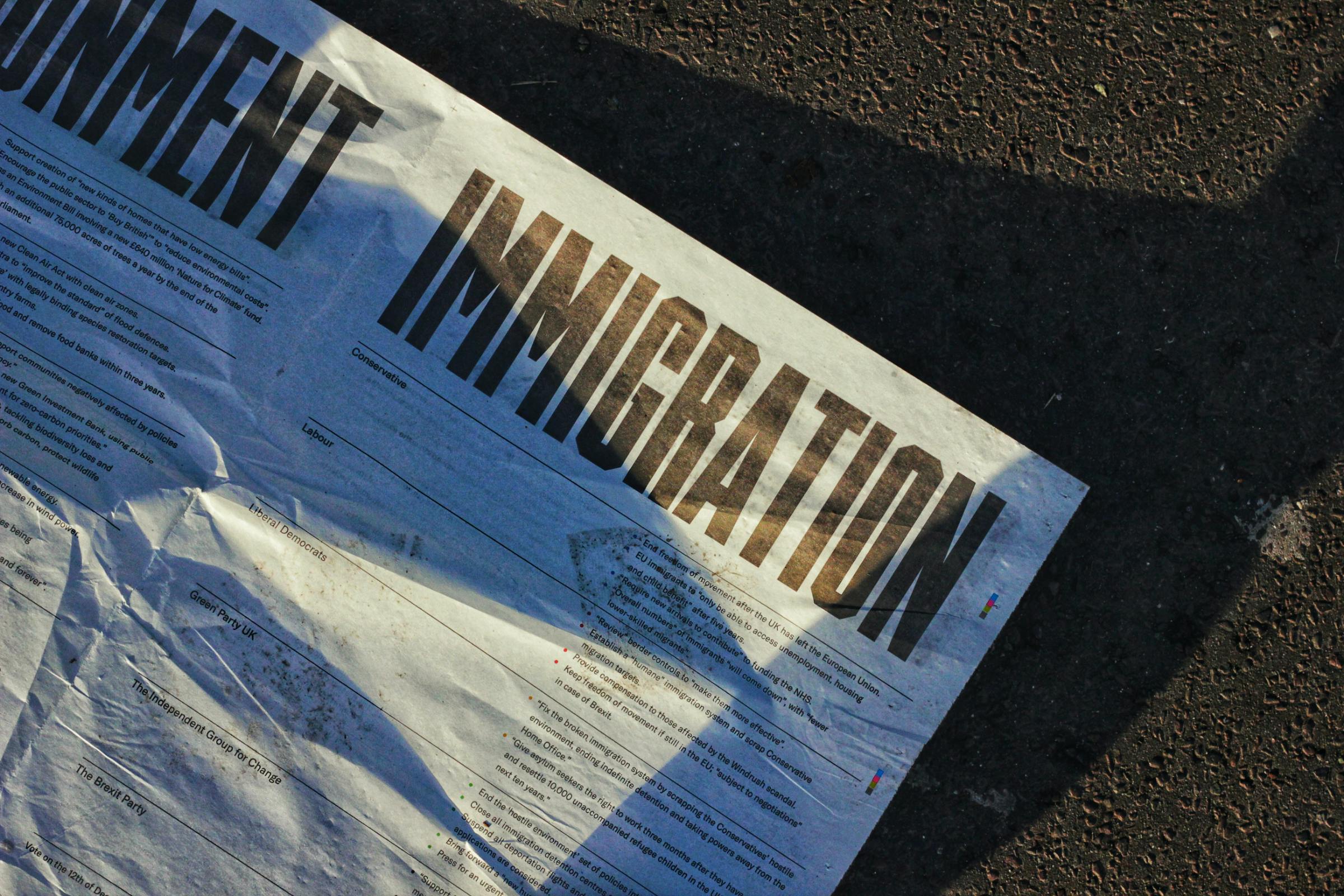One major issue that international students have when they come to the United States is that they are unable to apply for green cards toward their end of their university studies. In fact, most non-immigrants need to leave the United States after their non-immigrant is set to expire. However, there is one class of non-immigrant that is dual intent—this is the H1-B visa.
The H1-B visa is unique because applicants, once they have settled into a job in the U.S. and have reached the maximum stay of six years on their H1-B, are eligible to apply for a green card, or permanent residence in the United States. In this blog, we will take a closer look at the switch from an H1-B to a green card, and some of the most pressing and frequently questions as part of this process.
How many times can you renew your H1-B visa?
The H1-B is initially only valid for a 3 year period. However, the H1-B visa can be renewed once, with a maximum time of 6 years per visa holder. At that time, the visa holder either needs to leave the U.S. or change statuses.[1]
Why do I need a PERM Labor Certification if I’m already employed?
Since you are applying for a green card—which is a permanent residence application, you will also need to receive a permanent labor certificate from your employer. Achieving a PERM certification will require that your employer establish the prevailing wage for your position and set your salary to this amount.[2]
Does applying for a green card mean I am an employment based adjustment applicant?
For H1-B holders, since this is an employment based non-immigrant visa, you will be applying for a green card in an employment based category. For example, the State Department gives a clear listing on their visa bulletin of every employment based preference category. EB-2 and EB-3 are popular options for certain nationalities depending on priority date.
Can I remain in the U.S. after my H1-B visa expires?
If you aren’t planning on filing for a green card, then you will need to depart the United States before your H1-B visa expires. If it expires and you have no plan to maintain lawful status, the U.S. government will consider you “out of status”. Being out of status might affect your future chances of receiving any immigration benefit.
However, as long as you file for a green card, and your green card application is pending (I-485 application) you may remain in the United States until a decision has been reached.
Will my employer be using an I-129 or I-140?
Keep in mind that the switch to a green card application is also the switch to immigrant processing with the USCIS. Therefore, your employer should be using the I-140 Petition for an Alien Immigrant.
Where can I see a complete list of priority dates?
If you are wondering which category you should apply for a green card under (EB-2 vs. EB-3), there two important considerations one should make. The first is nationality, as your nationality will impact your green card wait times and priority date for submitting an I-485 application. The second is your educational attainment and years of experience. To see current final action and dates for filing, see the following: https://travel.state.gov/content/travel/en/legal/visa-law0/visa-bulletin/2021/visa-bulletin-for-september-2021.html














